Membres / Members
Faculty
Ivana DIDIRKOVÁ
Clinical and experimental phonetics, speech production, prosody-discourse interface
Dylan GLYNN
Cognitive Linguistics, sociolinguistics, corpus linguistics, multivariate statistics
Marie-Pièrre JOUANNAUD
XXX, XXXX, XXXXX
Benoît LECLERCQ
Semantics, Pragmatics, Modality, Cognitive Construction Grammar, Relevance Theory
Takeki KAMIYAMA
Acquisition et apprentissage phonétiques des langues étrangères, phonétique générale
Lilli PARROTT
Syntaxe anglaise et variétés de langue
Erwan PÉPIOT
Phonétique expérimentale, phonétique comparée de l’anglais et du français
Sabina TABACARU
Cognitive Linguistics, discourse analysis, mulitmodality
Doctorandi
| Layla AIT ISHA Sociolinguistics, lexicology |
Gioia FRANCHI Translation, corpora |
| Amira AROUS Discourse analysis, gesture |
Meriem GUECHE L2 acquisition, sociolinguistics |
| Anissa BERRACHECHE Discourse analysis, corpora |
Mai KUMAMOTO Lexical semantics, corpora |
| Avgustina BIRYUKOVA Lexical semantics, corpora |
Irina MATUSEVICH Didactics, discourse analysis |
| Marie CHANTRE Lexical semantics, corpora |
Olaf MIKKELSEN Morphosyntax, corpora |
|
Piotr WYROSLAK |
Na YANG Lexicography, corpora |
Research Assistants
| Amina Maghraoui Discourse analysis, gesture |
Chedi Ben Youssef Discourse analysis, corpora |
| Aliya Gimadieva Discourse, corpora |
Bassirou Kante Morphosyntax, corpora |
| Jing BAI Lexicography, corpora |
|
Emeriti
Jean-Yves DOMMERGUES
Psycholinguistique et bilinguisme
Bernard LAFITE
Morphologie et lexicologie
Associated Members
|
Alena ANISHCHANKA |
Malina DITCHEVA |
|
Guillaume DESAGULIER |
Françoise DORO-MÉGY |
|
Yves-Bernard MALINIER |
Roussi NIKOLOV |
|
Mireille PRODEAU |
Alena SOLOSHENKO |
Dylan GLYNN
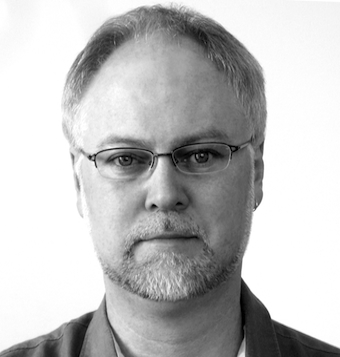
My main interest lies in explaining the inter-dependent structuring of the langauge system. The main of my research focuses on developing empirical usage-based methods for Cognitive and Functional Linguistics. I am especially interesting in semantics, lexical, morphological and contructional and the interaction between the three. I work on Germanic and Slavic languages.
- Glynn, D. & Fischer, K. 2010. Quantitative Cognitive Semantics. Corpus-driven approaches. Berlin : Mouton de Gruyter.
- Glynn, D. & Robinson, J. 2014. Corpus Methods in Cognitive Semantics. Studies in polysemy and synonymy. Amsterdam : John Benjamins.
- Glynn, D. & Sjölin, M. 2016. Subjectivity and Epistemicity. Stance strategies in discourse and narration. Lund : Lund University Press.
Takeki KAMIYAMA
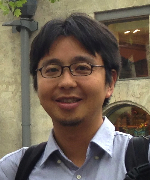
Research
My main research area is experimental phonetics and the acquisition and teaching of segmental (vowels and consonants) and prosodic aspects of foreign and second languages (English, French, Japanese, …). My doctoral dissertation dealt with the acquisition of French vowels by Japanese-speaking learners. I currently participate in projects related also to the phonetic/phonological acquisition of English as a foreign language : IceIPAC (Interphonology of Contemporary English), PARI-primaire (acquisition of English in French primary schools), SITAF (Spécificités des Interactions verbales dans le cadre de Tandems Anglais-Français).
- Kamiyama, T. 2012. Production des voyelles du français par des apprenants japonophones : effet du dialecte d’origine. Proceedings of the XXIXèmes Journées d’Étude sur la Parole. (Grenoble, France, 4-8 juin 2012), 771–778.
- Kamiyama T., Kühnert B. & Vaissière J. 2011. Do French-speaking learners simply omit the English /h/ ? Proceedings of the 17th International Congress of Phonetic Sciences, 1010-1013.
- Kamiyama, T. & Vaissière, J. 2009. Perception and production of French close and close-mid rounded vowels by Japanese-speaking learners. J.-Y. Dommergues (ed), Aile... Lia 2 : 9-41.
Lilli PARROTT
Research
- Parrott, L. 2012. Changements de voix : un aperçu historique sur la terminologie linguistique. Demi-journée sur la voix. May 4, 2012, Paris.
- Parrott, L. 2011. How to tell a he from a she : the use of gendered pronouns with non-personal referents in English. Etats critiques et Transitions disciplinaires. November 18-19, 2011, Paris.
- Parrott, L. 2010. Vocatives and other direct-address forms : a contrastive study". A. Grønn & I. Marijanovi ? (eds), Russian in Contrast. Grammar. Oslo Studies in Language 2 : 211-229.
Erwan PÉPIOT
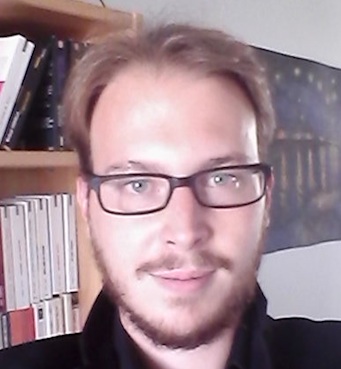
Research
My research area is experimental phonetics. I am mainly interested in acoustic differences between female and male speech in American English and French speakers and in the way listeners can identify a speaker’s gender from his or her voice. So far, my findings support the idea that cross-gender acoustic differences are partly language-dependent and therefore, socially constructed. A next step will be to investigate bilingual speakers’ behaviour from this perspective.
I am also involved in a research project about the acoustic aspects of the syllable and syllabification preferences in in English L1 / French L2 and French L1 / English L2 bilingual speakers.
- Pépiot, E. 2014. Male and female speech : a study of mean f0, f0 range, phonation type and speech rate in Parisian French and American English speakers. Proceedings of the 7th International Conference on Speech Prosody - Dublin, 305-309.
- Pépiot, E. 2013. "Processing male and female voices : a word spotting experiment". Perceptual and Motor Skills, 117(3), 903-912.
- Pépiot, E. 2011. Voix de femmes, voix d’hommes : à propos de l’identification du genre par la voix chez des auditeurs anglophones et francophones. Plovdiv University “Paissii Hilendarski”, Scientific Works – Philology, Vol. 49, Book 1, 418-430.
Sabina TABACARU
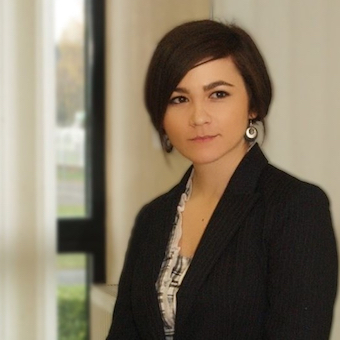
Research
My main area of research is multimodal discourse analysis, within a Cognitive Linguistics theoretical framework. I particularly focus on sarcasm in interaction and the use of non-verbal elements, such as facial expressions, in the process of meaning construction. My projects include extending the interpretation of these facial expressions (called “gestural triggers” with the use of sarcasm) to other languages and to other communication modes (such as emoji use in different languages).
- Tabacaru, S. & Feyaerts, K. 2016. The power of metonymy in humor : stretching contiguous relations across different layers of meaning. The European Journal of Humor Research 4 : 1-18.
- Tabacaru, S. 2015. Uma visão geral das teorias do humor : aplicação da incongruência e da superioridade ao sarcasmo. EID&A Revista electrônica de estudos integrados em discurso e argumentação 9 : 115-136.
- Tabacaru, S. & Lemmens, M. 2014. Raised eyebrows as gestural triggers in humor : The case of sarcasm and hyper-understanding. The European Journal of Humor Research 2 : 11-31.
Ivana DIDIRKOVÁ

Research
My main research interests include clinical and experimental phonetics, as well as the prosody-discourse interface. Since the completion of my doctoral thesis, I have mainly been working on stuttering and its consequences on speech and in spoken language, with a focus on all levels of speech production. I currently participate in projects related to the speech production in different speech disorders. My research interests also extend to the importance of prosody in transmitting discourse structure and discourse information in non-pathological and pathological speech.
- Didirková I., Crible L., Simon A.-C. 2018. Impact of Prosody on the Perception and Interpretation of Discourse Relations : Studies on “Et” and “Alors” in Spoken French. Discourse Processes 45.
- Didirková I., Le Maguer S., Hirsch F. 2018. Quand la pause devient-elle un symptôme du bégaiement ? Une étude acoustique et articulatoire, In Hirsch F. & Dodane C. (eds) : L’organisation spatiale et temporelle de la pause en parole et en discours, Langages 211 : 127-141.
- Barkat-Defradas M., Fauth C., Didirková I., Amy de la Bretèque B., Hirsch F., Dodane C., Sauvage J. 2015. Dysphonia is beautiful : A perceptual and acoustic analysis of vocal roughness, Proceedings of the 18th International Congress of Phonetic Sciences, Glasgow.
Benoît LECLERCQ
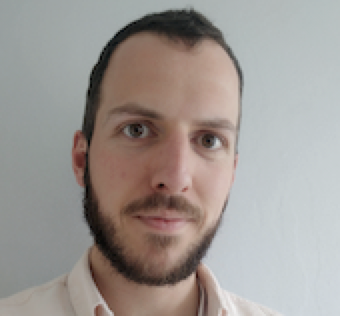
Research
As a scientist, I take a keen interest in understanding how meaning comes about and the bulk of my research is centered on the semantics-pragmatics interface. At a conceptual level, my theories of choice are Cognitive Construction Grammar and Relevance Theory, and I focus on issues that require spelling out the respective roles of grammar and context in the co-construction of meaning (e.g. coercion, lexically-regulated saturation, etc.). In the domain of English linguistics, I am especially interested in the expression of modality and the fine meaning effects (semantic or pragmatic) that the use of different modals brings about.
- Leclercq, B., & Depraetere, I. To appear. Making meaning with be able to : Modality and actualisation. English Language and Linguistics.
- Leclercq, B. 2021. Semantics and pragmatics in Construction Grammar. Belgian Journal of Linguistics 34 : 228-238.
- Leclercq, B. 2019. Coercion : A case of saturation. Constructions and Frames 11(2) : 270- 289.
<a name=’page top
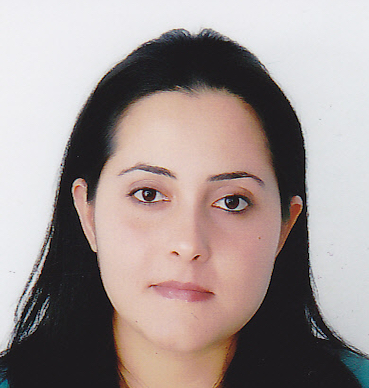
Anissa BERRACHECHE
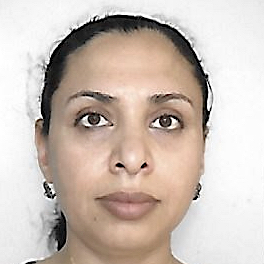
[#></a><br />
<span style="font-size : small ;"><strong>Anissa BERRACHECHE</strong></span></p>
<p><img alt="" height="120" data-cke-saved-src="https://transcrit.univ-paris8.fr/IMG/jpg/anissa_cropped.jpg" ; src="https://transcrit.univ-paris8.fr/IMG/jpg/anissa_cropped.jpg" ; width="120" /></p>
<p>Doctoral Candidate<br />
email : aberracheche [at] gmail.com<br />
URL :</p>
<p><strong>Keywords</strong><br />
Critical Discourse Analysis, Systemic Functional Linguistics</p>
<div><strong>Thesis : </strong><strong>Representing asylum seekers. Towards a qualitative-quantitative critical discourse analysis</strong><br />
This study examines the representation of asylum seekers in English and French media. Specifically, this study seeks to advance the methods used in critical discourse analysis by adapting the methodology of “Behavioural Profile Analysis”, which unites qualitative and quantitative heuristics for the study of implicit semiotic structures..</div><div> </div><ul>
<li>Berracheche, A. 2016. Evaluation, attitude and politics. A quantitative analysis of parliamentary debates on asylum seekers. Communication. 10th International Conference of the Spanish Cognitive Linguistics, Octobre, Alcalá de Henares, Spain. </li>
<li>Berracheche, A. 2016. Implicit Attitude in Political Discourse. Applying Cognitive Linguistics methods to Critical Discourse Analysis. 7th German Cognitive Linguistics Conference, October, Essen, Germany.</li>
<li>Berracheche, A. 2018. Construing asylum. A case study of metaphoric use in English and French media discourse. 4th International Conference onFigurative Thought and Language, October, Braga, Portugal.</li>
</ul><p align="justify" class="spip"><a data-cke-saved- href=’>page top
<a name=’ Amira<-]
Amira AROUS

Doctoral Candidate
email : amiraarous [at] gmail.com
URL :
Keywords
Gesture Studies, discourse analysis
This study contrasts spontaneous co-speech gestures in two different contexts : free interaction and staged performance. My hypothesis is that interlocutors use more sipmlified gestures to express stance in the staged context than in the spontaneous setting. The database consists in a corpus of distinct sets of co-speech gestures. The aim is to analyse the co-occurrences of stance-bearing lexical anchors with visual stance markers. A semasiological approach is adapted for this purpose.
- Arous, A. 2016. Intersubjectivity in Editorial Cartoons : A Multimodal Corpus-driven Study. 10th International Conference of the Spanish Cognitive Linguistics Association, Madrid, Spain.
- Arous, A. 2018. A contrastive analysis of gesture in spontaneous and staged human interactions : Tunisian gestures as a case study. 3rd nternational Association for Cognitive Semiotics, Toronto, Canada.

Doctoral Candidate
email : syncopem [at] yandex.ru
URL :
Keywords
Lexical semantics, corpora, Cognitive Linguistics
- Biryukova, A. 2018. Genre effects on metaphoric structuring of scientific concepts : A multivariate usage-based study. 11th International Conference of the Spanish Cognitive Linguistics Association. October, Cordoba, Spain.
- Biryukova, A. 2018. The semasiological variation of wish in English : a corpus-driven study. 4th International Conference on Figurative Thought and Language, October, Braga, Portugal.
Gioia FRANCHI
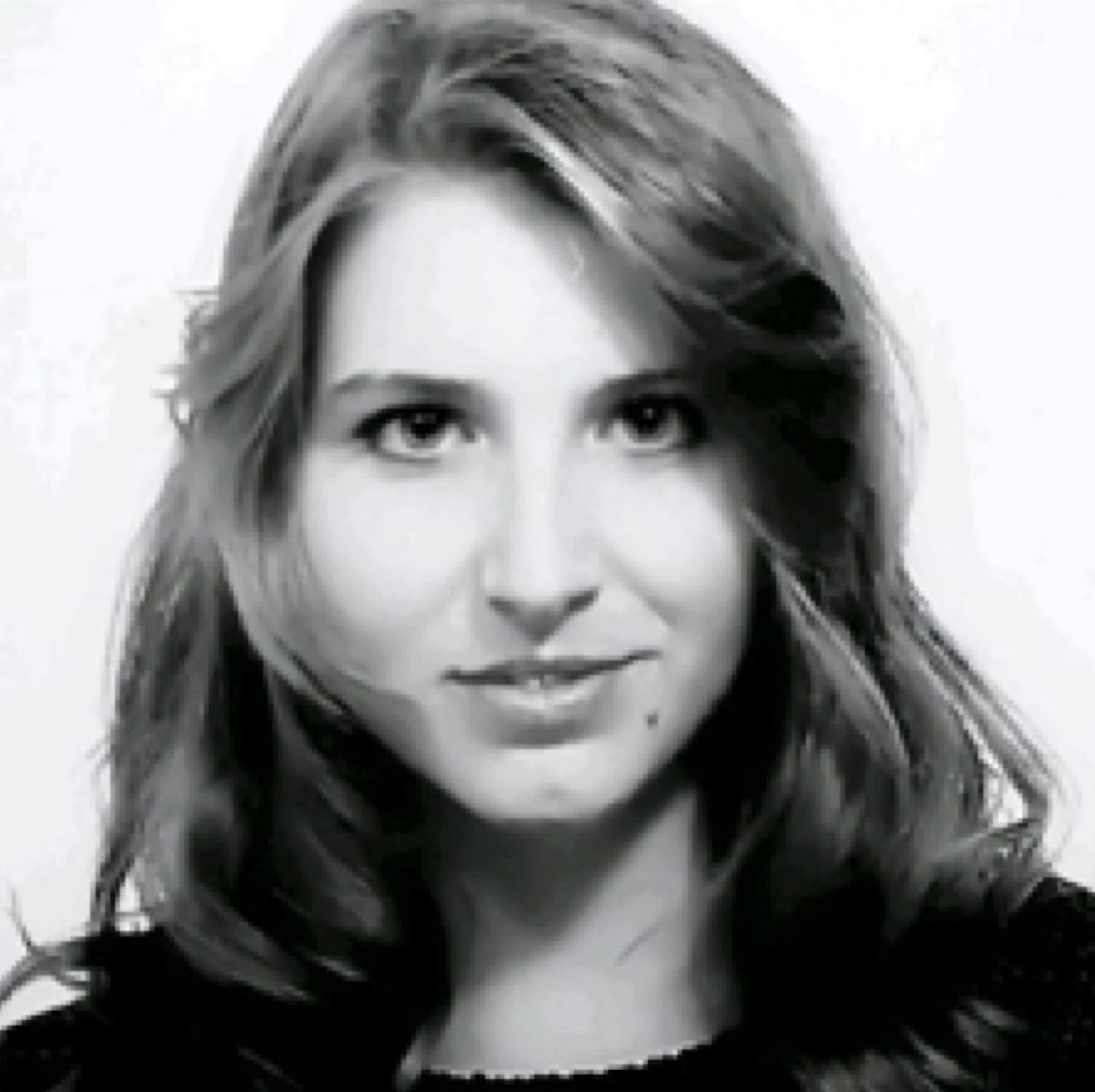
Doctoral Candidate
email : gioia.franchi [at] gmail.com
URL :
Keywords
My research deals with expressions and collocations in a cross-cultural perspective within different languages, i.e. Italian, French, English and Russian, which I have been passionate about since childhood. This love for cultures and different languages has guided me professionally in translation and localization projects, and is a source of inspiration for poetic and literary translations as well as cultural reportage and photo-reportage – respecting and acquiring the most from art, music and meditation in order to discover the richness of cultures.
- 2015. La madre : la Storia in un romanzo. Un inno ai giovani e alla ricerca della Verità" Studi e ricerche di storia contemporanea n° 83/84
- 2017. The lingual-socio-cultural potential of lexical units of the thematic group "Dacha" in the modern Russian language (on the background of Italian, French and English languages)", Sbornik nauchnyh trudov, Saint-Petersburg Mining University
- Seminaire de Traduction CREATIC - with the participation of Université de Paris 8/ Università di Firenze/ University of California - Berkeley hosted in Florence 2-10/06/2019 at the Villa
Meriem GUECHE
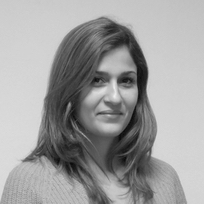
Doctoral Candidate
email : meriem.gueche [at] gmail.com
URL :
Keywords
Sociolinguistics, L2 Acquisition
The effects of multilingualism on the acquisition of vocabulary among L2 university learners of English. The data are collected in a multilingual and multicultural environment by means of written productions and questionnaires. The second part of my study involves the assessment of pragmatic competence among learners of English who have been exposed to both British and American English. Pragmatic tests and questionnaires were also designed to serve this purpose.
- Gueche, M. 2018. Interference and Input Complexity Effects on L2 Acquisition. 14th ESSE Conference, August, Brno, Czechia.
- Gueche, M. 2017. Multilingualism Effects on the Acquisition of English Vocabulary. Multilingualism in Society, Politics and Education Conference, March, Freiburg-im-Breisgau, Germany.
- Gueche, M. & Nacira, H. 2014. Teachers’ Perceptions and Attitudes towards British and American English. El Tawassol Langues et Littératures Journal 37 : 59-68.
Irina MATUSEVICH
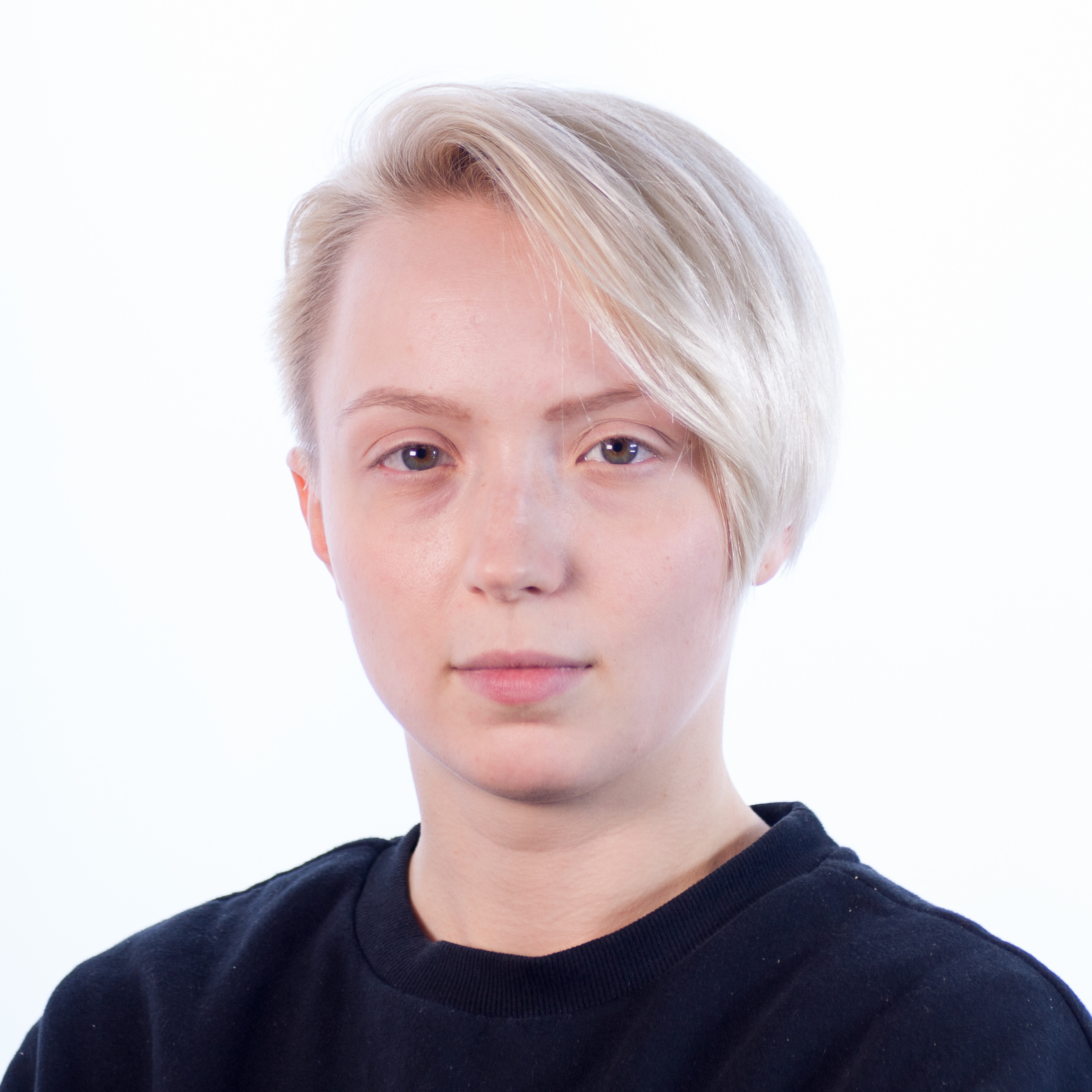
Doctoral Candidate
email : matusevich [at] phil.muni.cz
URL :
Didactics, discourse analysis
Thesis : Measuring Communicative Success of Educational Videos : A Quantitative Study of Linguistic Features Affecting Message Retention
Social media have relatively recently seen an emergence of a whole new category of videos, educational ones. These videos are varied and enjoy relative success. There is, however, a question of their communicative success : how high it is and, more importantly, what affects it ? Here, communicative success is operationalised as message retention. The goal of the research is thus to weed out of the high number of contributing factors the linguistic ones and analyse how they can affect message retention in educational videos.
- Matusevich, I. 2017. Metaphoric Structure of ANGER – Developing Usage-Based Methods for Contrastive Linguistics, ICLC14 International Cognitive Linguistics Conference, July, Tartu, Estonia.
- Matusevich, I. 2016. Conceptualising ANGER in Czech, Polish and Russian. A descriptive case study in usage-based semantics. Conference of the Spanish Society of Cognitive Linguistics, October, Alcalá de Henares, Spain.
- Matusevich, I. 2015. Teaching English for Academic Purposes Online.ICT for Language Learning, November, Florence, Italy.
Layla AIT ISHA
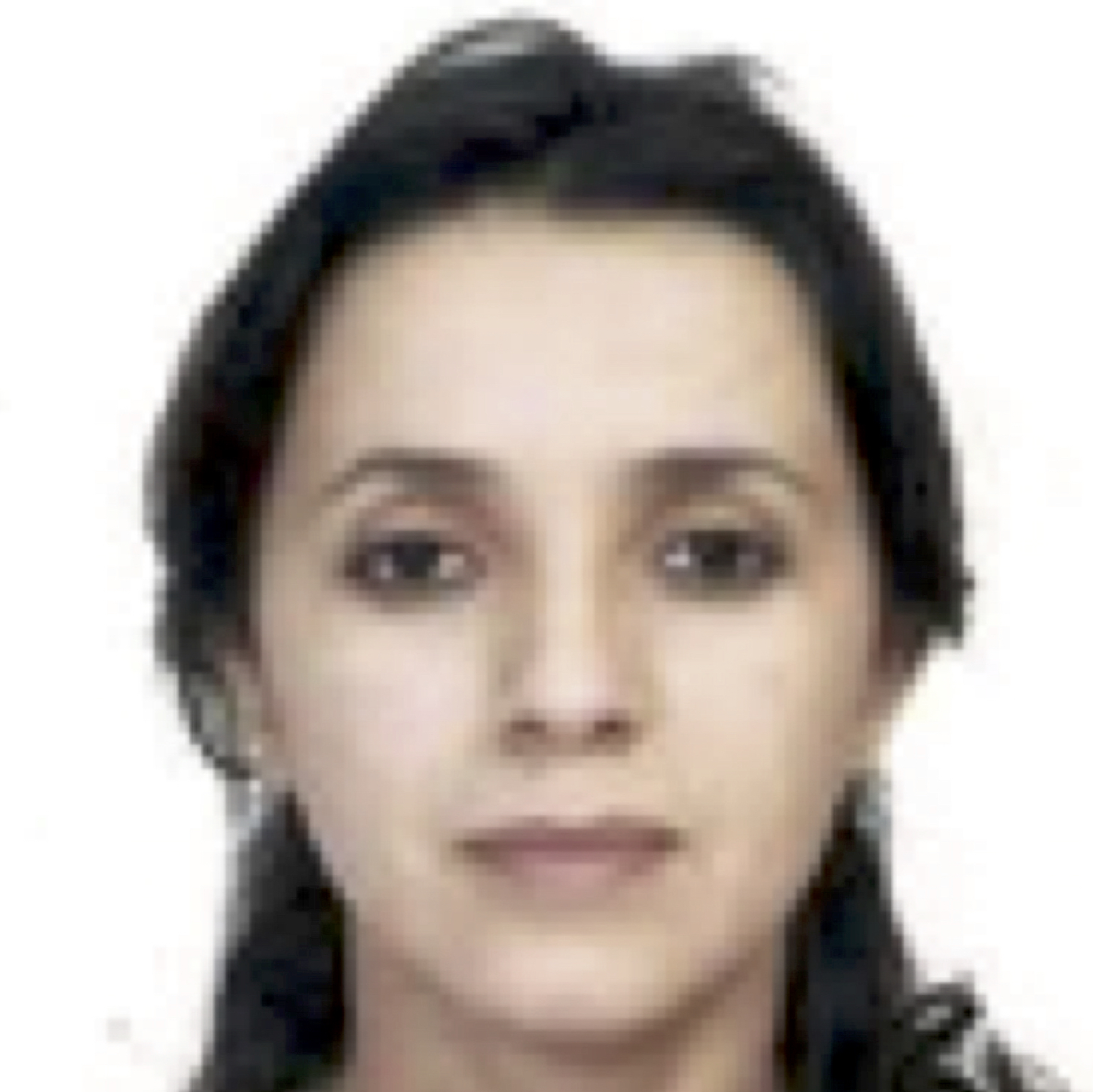
Doctoral Candidate
email : laylamexico [at] yahoo.com
URL :
Keywords
Sociolinguistics, lexicology, phonology
Olaf MIKKELSEN
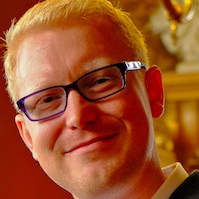
Research Assistant
email : olaf.mikkelsen [at] gmail.com
URL :
Keywords
Morphosyntax, corpora, constructions
- Mikkelsen, O. & Guelpa, P. 2018. Le Premier traité grammatical islandais dans l’histoire des théories linguistiques. CTLF
- Mikkelsen, O. 2018. A proposal for a mental representation of future constructions. Corpus-driven study of Norwegian future forms, October, Cordoba, Spain
- Mikkelsen, O. 2017. Making sense of Norwegian future forms. A collostructional analysis of Norwegian future constructions (skal/vil/kommer til å + INF) and a pilot multifactorial analysis of skal/vil + inf. 14th International Cognitive Linguistics Conference (ICLC-14), July, Tartu, Estonia

Doctoral Candidate
email : mai.kmmt [at] gmail.com
URL :
Keywords
Lexical semantics, corpora, emotions, Cognitive Linguistics
- Kumamoto, M. 2018. Testing the Invariance Hypothesis : A Case Study of Colour Metaphors in French. 4th International Conference on Figurative Thought and Language, October, Braga, Portugal.
- Kumamoto, M. 2018. The colour of emotion. An empirical study into the metaphoric structuring of ‘anger’, ‘fear’ and ‘sadness’ in French. 11th International Conference of the Spanish Cognitive Linguistics Association (AELCO 2018), October, Cordoba, Spain.
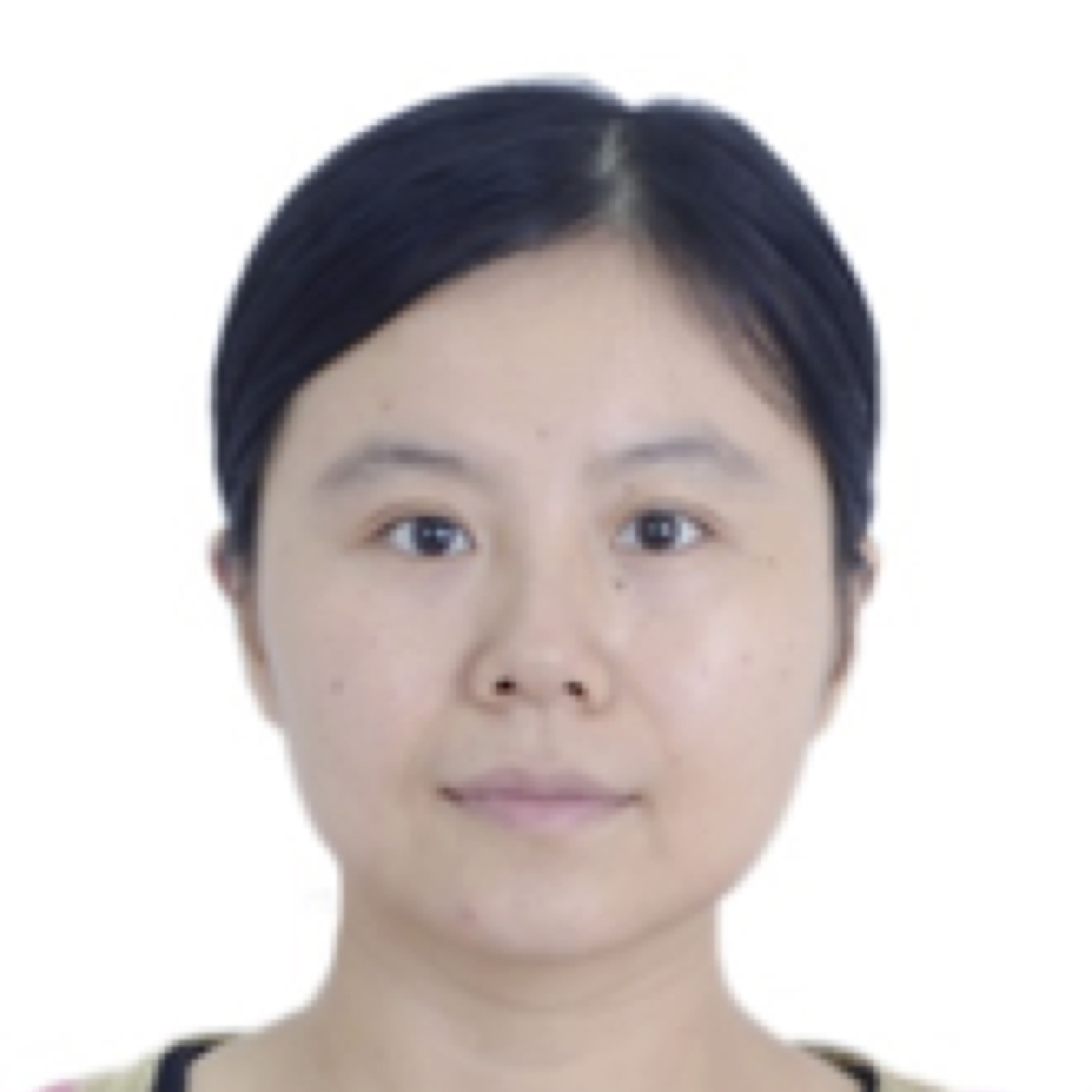
Doctoral Candidate
email : yangna823 [at] 163.com
URL :
Keywords
Lexicography, corpora, Chinese, French
Projet : Les relations familiales et le positionnement épistémique en chinois et en français : étude lexicométrique multidimensionnelle et comparative
En adoptant les méthodes analytiques au sein de la linguistique cognitive et de la linguistique systémique fonctionnelle, cette étude vise à analyser de manière approfondie la différence lexicale chinois-français, à partir des corpus, dans le but d’améliorer les dictionnaires bilingues d’apprentissage.

Doctoral Candidate
email : piovyr [at] gmail.com
URL :
Keywords
Morphosyntax, corpora
Project : The Polish instrumental in constructional alternations
My research is situated within the domain of usage-based corpus semantics, applied to the study of grammatical alternations and case. My PhD project focuses specifically on the Polish instrumental case, which, aside from its eponymous function, displays a broad array of vastly different uses. In several situations, the synthetic forms with the instrumental marking can be substituted by other structures, yielding near-synonymous effects. The project sets out to analyse these situations, capturing the variables underlying constructional choices made by the speakers, and, thereby, providing a usage-based description of the Polish instrumental.
- Wyro ?lak, P. 2018. A usage-based model of the accusative-instrumental alternation in Polish, July, Paris, France.
- Wyro ?lak, P. 2018. Accusative-instrumental alternation in Polish : Quantitative corpus study, October, Cordoba, Spain.

Research Assistant
email : maarie.chantre [at] gmail.com
URL :
Keywords
Lexical semantics, Cognitive Linguistics
Project : Representation of Conceptualisation of the Body in Cotemporary English
Based on corpus methods and statistical tools, this study aims to show the representation of the conceptualisation of the Body in both American and British English contemporary English
- Chantre, M. 2018. Corporal Construal. A quantitative analysis of the use of body-part terms as a source concept for SEXUALITY. 4th International Conference on Figurative Thought and Language, October, Braga, Portugal.
- Chantre, M. 2018. Conceptualising the body in America and Britain. A profile-based variationnist study of the use of body-part terms in online diaries. 11th International Conference of the Spanish Cognitive Linguistics Association (AELCO 2018), October, Cordoba, Spain.
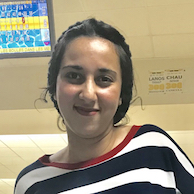
Research Assistant
email : maghraoui.amina [at] gmail.com
URL :
Keywords
Discourse Analysis, Gesture
Project : Straight face on the stand up comedian. Prosody and gesture in ironic discourse
This project explores how sarcasm is performed and how it is used in stand-up comedy in order to deliver humorous intentions by using gestural triggers. Sarcasm has been defined as a critical message which targets “someone or something specifically, be they present or not” (Tabacaru 2017). Our project consists of comparing the occurrences of sarcastic cues with the facial expressions and the prosodic features of the speaker since these non-verbal cues serve as ‘helpers’ (Tabacaru 2014) that guide the hearers to the interpretation of the humorous message. The data is mainly drawn from Ricky Gervais’ stand-up comedy show “Humanity” (live and informal speech) in order to prove the use of certain gestural triggers to mark (from the part of the speaker) and detect (from the part of the hearer) the occurrences of sarcasm such as raised eyebrows and other facial expressions.
- Maghraoui, A. 2018. Faces of humor : facial expressions as gestural triggers of sarcasm in the media. 11th International Conference of the Spanish Cognitive Linguistics Association (AELCO 2018), October, Cordoba, Spain.
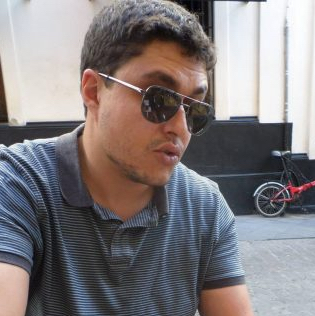
Research Assistant
email : chedy.by [at] gmail.com
URL : https://cbenyoussef.wordpress.com/
Keywords
Discourse analysis, Language Idiologies, sociocultural linguistics, corpus linguistics.
- Youssef, C. B. 2016. Empirical approach to Critical Discourse Analysis. A multivariate study on the reproduction of the discourses of racism in the media. 10th International Conference of Spanish Cognitive Linguistics Association, October, Madrid, Spain.
Associated Members
Guillaume DESAGULIER
Research
- Desagulier, G. Forthcoming. A lesson from associative learning : what collostruction asymmetries reveal as to the productivity of in the Corpus of Contemporary American English.
- Desagulier, D. In press. Visualizing distances in a set of near synonyms : rather, quite, fairly, and pretty. D. Glynn & J. Robinson (eds), Polysemy and Synonymy : Corpus Methods Cognitive Semantics. Studies in polysemy and synonymy. Amsterdam : John Benjamins.
- Desagulier, D. 2012. “C’est de la bombe !” Qualitative count-to-mass conversion in French copular subject-predicate constructions. M. Bouveret & D. Legallois (eds), Constructions in French, 201-232. John Benjamins.
Françoise DORO-MÉGY
Research
- Doro-Mégy, F. In press. Les traductions du verbe ESTIMER en anglais : Qui « estime » quoi ? Paris : Klincksieck.
- Doro-Mégy, F. 2009. Comment (ne pas) citer ses sources : rôle des sources assertives indéterminées dans la presse anglo-saxonne. A. Kacprzak (ed). Aspects interculturels de la communication, 189-196. Warsaw : nstytut Lingwistyki Stosowanej.
- Doro-Mégy, F. 2008. Etude croisée de " think", "believe", "croire" et "penser". Paris : Ophrys.
Yves-Bernard MALINIER
Research
Voice : subjective vs. objective representation, non-canonical verb constructions
Verb classes and verb patterns : (in)transitivity and property predications
Prepositions : from OE to Present-day English
Referential (in)definiteness and genericness, English indefinite pronouns and the distribution of the -body/-one morphemes
- Maliner, Yves. In press. La perte de sa valeur spatiale : cause première de la disparition de la préposition du Vieil-Anglais mid ? Th. Verjans & C. Badiou-Monferran (eds), Disparitions et changements linguistiques, Paris : Honoré Champion.
- Maliner, Yves. 2010. Représentation spatiale d’un cas non spatial : la préposition by dans les passives dites "longues". Anglophonia 26 : 7-22.
- Maliner, Yves. 2008. Du notionnel à l’énonciatif et retour : le cas de l’activo-passif en anglais actuel. Anglophonia 18 : 47-71.
Former Members
Anne TORTEL
Aix-Marseille Université
Nadine HERRY-BÉNIT
Université Paris Nanterre
Farzaneh DERAVI
Nabila KHELIFA
Andrés PORRAS
Marie-Pierre GÉRON
Élise RYST
Research
- Ryst, E. (2012). « Rôle du contexte sur la perception de l’ambisyllabicité en anglais en fonction de la langue dominante de l’auditeur », publication électronique, revue CORELA, numéro thématique RJC Cotexte, Contexte, Situation, Université de Poitiers - Poitiers, France. Site : http://corela.edel.univ-poitiers.fr....
- Ditcheva, M., Dommergues, J.-Y. & Ryst, E. (2009). Modélisation et acquisition des voyelles à l’aide du logiciel SaRP, Scientific Works, vol. 47, Book 1, Philology, Plovdiv University "Païssii Hilendarski" – Plovdiv, Bulgaria. [Aide BQR MSH Paris-Nord]
- Ryst, E. (2008, en dépôt à la BU de l’Université P8). L’ambisyllabicité en anglais : une approche phonétique, mémoire de M2, 62p., mention Très Bien, Université Paris 8 (inclus en annexe : Ryst, E., 2007, On English Syllabification of isolated words : some phonological, perceptive, articulatory and varietal (UK, US) features of the English syllable, mémoire de M1, 84p., mention Très Bien, Université Paris 8).
Doctoral Candidate
email : silicheva [at] gmail.com
Syntax, Functional Linguistics







